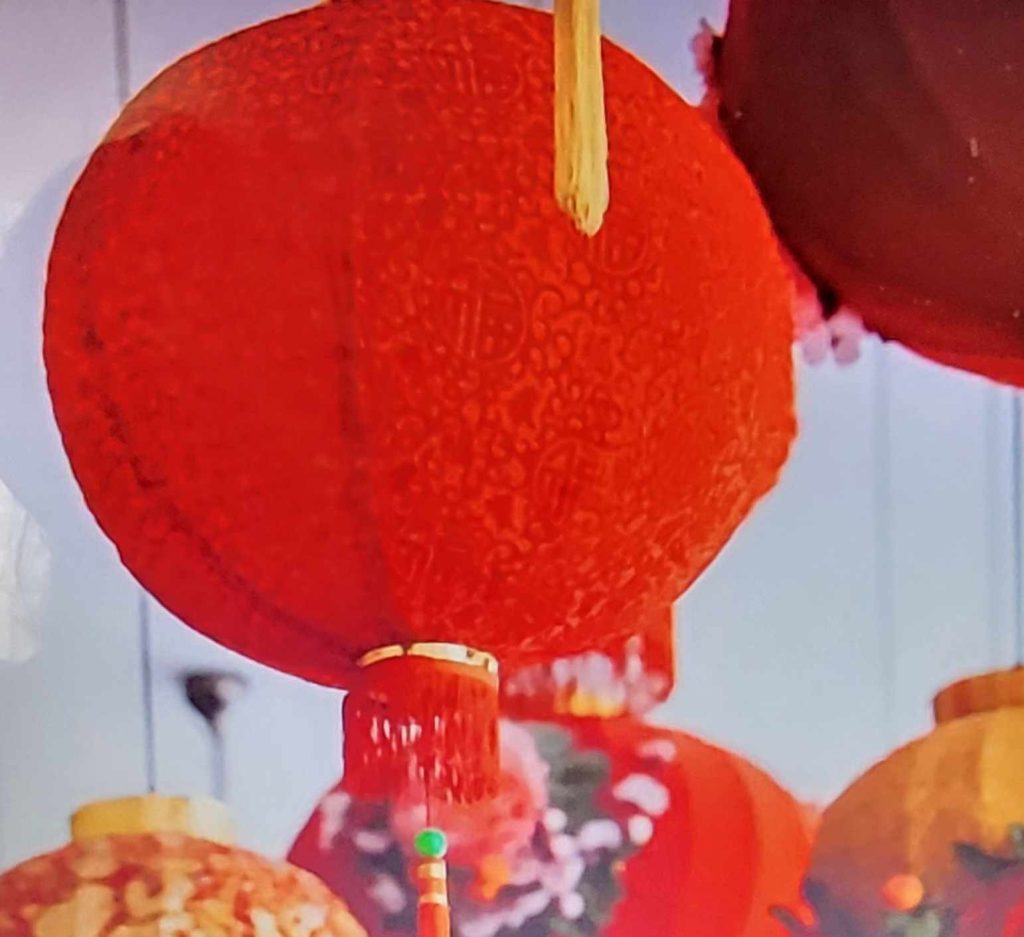From Binondo to Broadway: Unveiling the Global Influence of Chinese New Year’s Traditions
With a population approximately 1.36 billion people, the Chinese community boasts the largest diaspora in nearly every major city globally. Residing and working abroad, primarily engaged in trade, they have given rise to “Chinatowns” that seamlessly integrate into diverse settings, from industrialized metropolises to smaller developing nations.
For instance, the United States is home to approximately 4 million Chinese Americans, forming the majority of Asian Americans who have migrated there, with a significant concentration in New York City. I had the opportunity to witness the hustle of Chinese traders along Canal St. East Broadway in NYC, filling my time with homesickness and nostalgia. Everything from “Asian” food to stylish trinkets lined the market, a delightful experience!
This phenomenon extends beyond NYC, notably in Asian countries like the Philippines. Chinese communities stand out prominently, with connections originating from places like “Binondo,” Manila’s Chinatown. In her book “World on Fire,” Yale Law Prof. Amy Chua notes that though constituting a small percentage (around 1%) of the Philippine population, pure-blooded Chinese Filipinos (who incidentally are included among the top Filipino billionaires in the Forbes list) significantly impact the economy, owning major shopping malls, supermarkets, food chains, and manufacturing companies.
The growth of Chinese immigrants, fueled by interracial relationships, has led to an expansion of the Chinese New Year celebration in many countries. Celebrated a bit later than the conventional New Year, it spans 15 days and is considered the most crucial festival for the Chinese community, falling on the first New Moon of the year. For 2024, the Chinese New Year kicks off today, 10th of February, and it is the year of the zodiac animal, Dragon.
In the Philippines, even those without Chinese ancestry are influenced by their Chinese superiors and friends in adopting some practical traditions during Chinese New Year. While not strictly followed by everyone, these customs have become global, contributing to a festive atmosphere with parades, cultural performances, and traditional rituals.
Chinese New Year preparations involve cleaning the home and surroundings, decorating with red items symbolizing happiness and prosperity, having rounded fruits and pineapple on the table for good luck and good fortune, preparing specific foods symbolizing abundance and longevity, and visiting family and friends for reunion gatherings. Giving money in red envelopes symbolizes generosity, prosperity, and well-being. It is also customary to pay off debts before the New Year to avoid financial issues throughout the year. As far as fashion is concerned, it is also suggested to wear red and yellow colors as these symbolize good luck


While symbols of luck and cultural traditions can add positive elements to our lives, achieving goals typically involves a combination of hard work, determination, perseverance, and most of all our faith in God. Relying solely on luck without putting an effort and fervent prayers are often insufficient for long-term success. The idea of working hard, staying determined, and having faith in God resonates with many belief systems and philosophies in life. Balancing proactive efforts with a sense of faith or spirituality can provide a strong foundation for personal and professional growth.
In any celebrations, expressing thanks for the blessings and reflecting on the positive aspects of life is a common practice during festive occasions. Prayer and gratitude are integral components of celebrations. Whether it’s Birthday, Thanksgiving, religious holidays, or other significant events, taking a moment for reflection and offering thanks is a meaningful way to connect with one’s faith and appreciate the blessings in life.
From the Chinatown in Binondo, Manila to bustling streets like Canal St. and Broadway in New York City, as the Chinese say in Mandarin, “Gong Xi Fa Cai,” and in Cantonese, “Kung Hei Fat Choy,” translating to “Congratulations, get rich!” — MUTC extends warm wishes for a Happy Chinese New Year to those living in countries celebrating the Lunar New Year (e.g. Vietnam, South Korea, Singapore, Taiwan, etc.), Chinese friends, relatives by affinity, friends, and social media (e.g., Facebook, X, etc.) connections!
